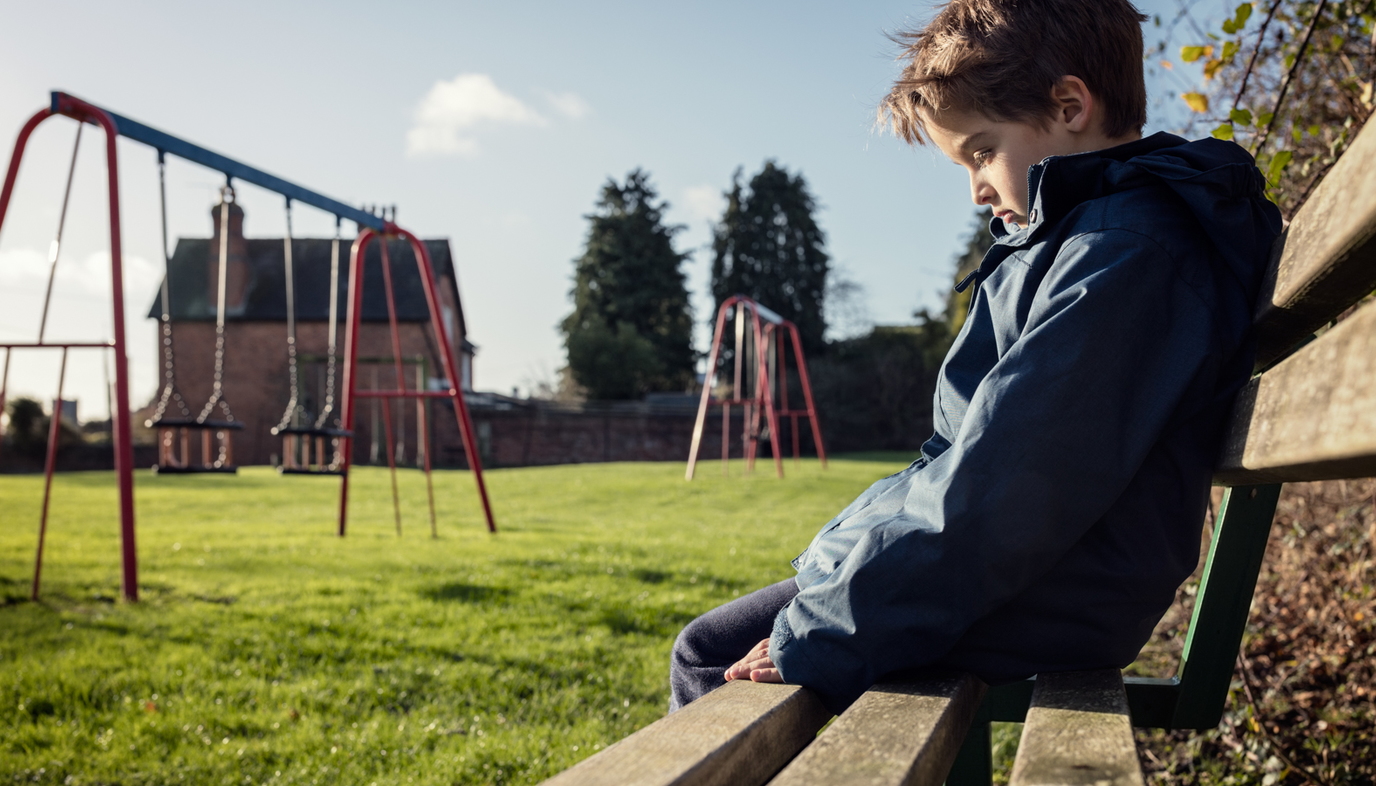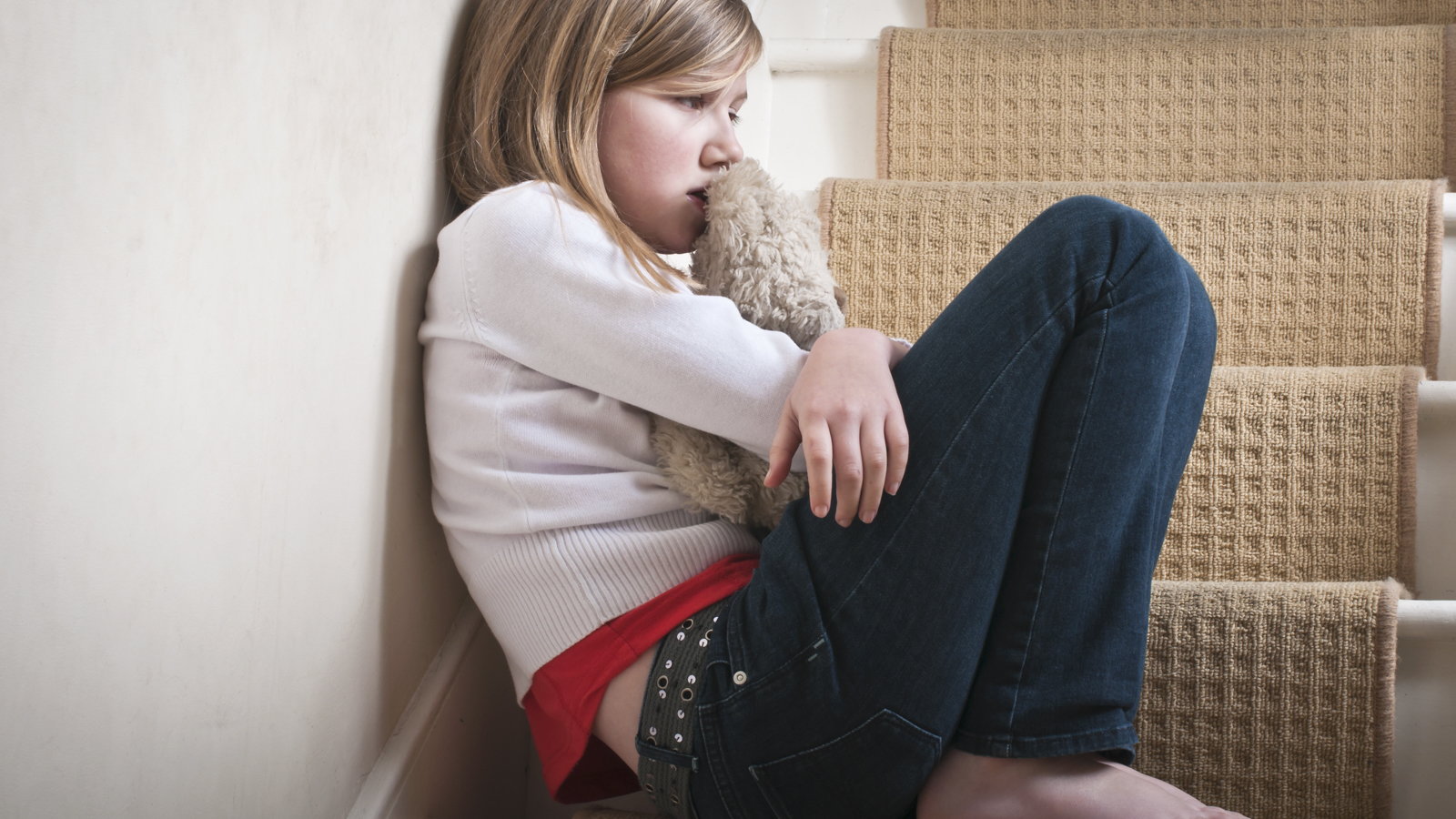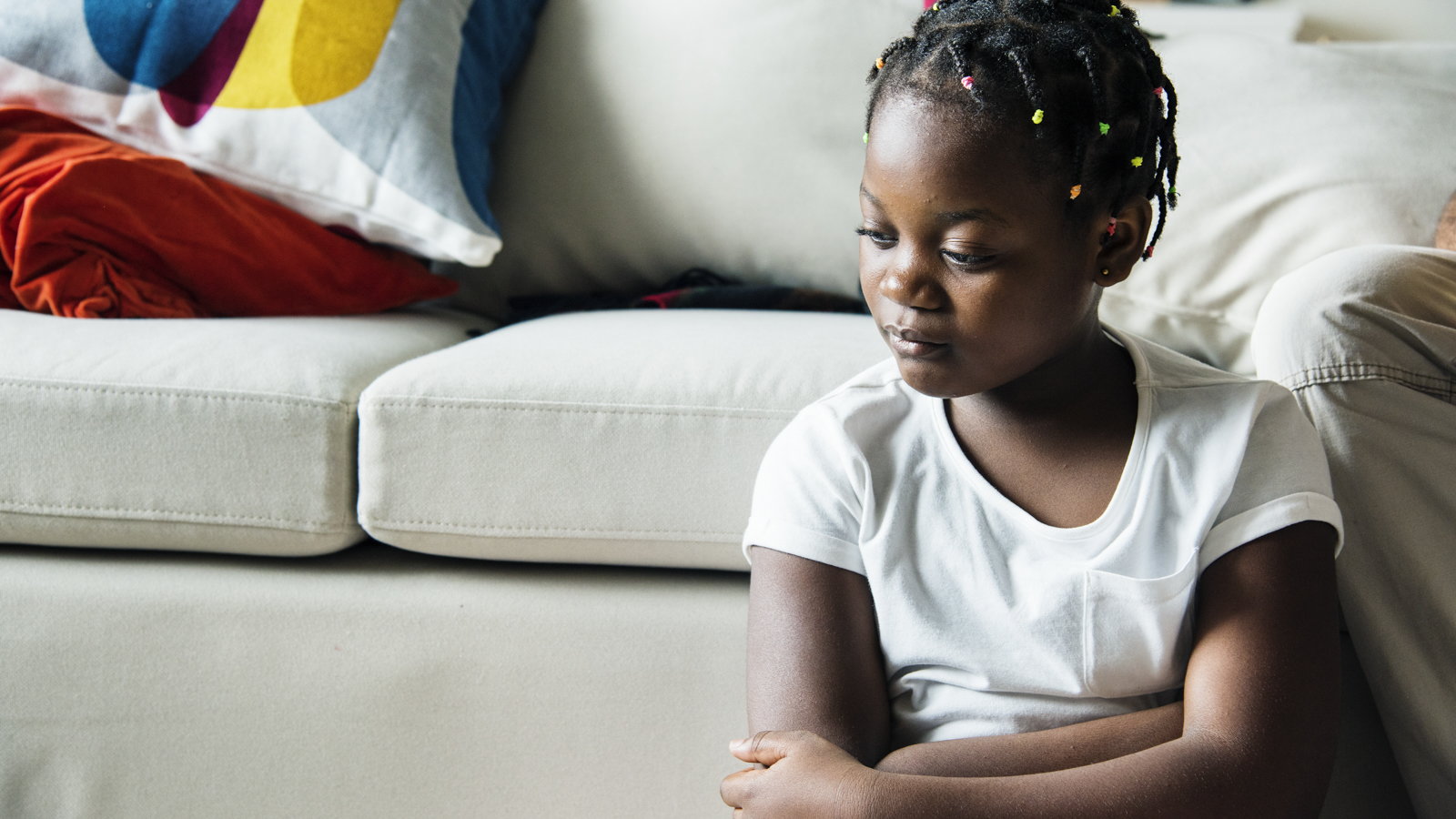
Would you know how to spot signs of sexual abuse in your child? Surprisingly, sexual abuse happens quite frequently with parents being completely unaware. Arming yourself and your child with the correct information about sexual abuse and sexual offenders is you and your child's best defense against sexual abuse. Speaking with a psychologist, pediatrician, or other medical professional is an important step in understanding the particulars of your case.
Know the Warning Signs of Sexual Abuse
Behavioral signs of sexual abuse:
- Changes in behavior including anxiety, withdrawal, mood swings, and rage
- Bedwetting, nightmares, and other difficulties sleeping
- Loss of appetite, weight loss, or weight gain
- Sudden onset of phobias (e.g. fear of dark, fear of strangers, fear of leaving the house)
- Displays sexually inappropriate behavior, unusual knowledge about sexual activity
Not all of these, or even any of these, signs are necessary for sexual abuse to have taken place.

Physical Signs of Sexual Abuse:
- Recurrent urinary tract infections
- Bruising, bleeding, pain, or itching in the genital area (may also be seen in anus, mouth, or throat)
- Presence of sexually transmitted disease or pregnancy in an underage child
- Stained, torn, or bloody undergarments
- Penile or vaginal discharge and/or odor
It is important to remember that these are only warning signs. Your child could have any or all of these symptoms and not be a victim of abuse.
What Should I Do if I Suspect Sexual Abuse?
If your child has any physical signs of abuse, talk to your doctor and schedule an examination. If it is not your child, you can report your concerns by calling 1-800-4-A-CHILD®. If your child tells you she or he has been abused, listen to your child. Try and remain calm. You will be very upset, but it is important to stay calm. By staying calm, you help reassure your child that she or he is ok, and it is safe to tell you. Reaffirm your child that she or he has done nothing wrong and is not to blame. Call your doctor and your local authorities.

Preventing Sexual Abuse
Talk to your child about inappropriate touching. Explain to your child which parts of the body are private and should not be touched. Instruct them to tell you right away if someone, ANYONE, tries to touch them. Explain the difference between good and bad secrets. If a secret is making them feel uncomfortable, they should tell you, especially if the adult or other child in question has asked them to keep the secret about their time together.
Supervise your child's internet use at all times. Sexual predators often initiate contact via the internet. That being said, many instances of sexual abuse are with a known individual, even a family member. Finally, and maybe most importantly know where your children are, who they are with, and what they are doing. Make sure they know how to reach you at all times, and work to establish a long-term relationship of trust such that they will approach you even when frightened or unsure.
